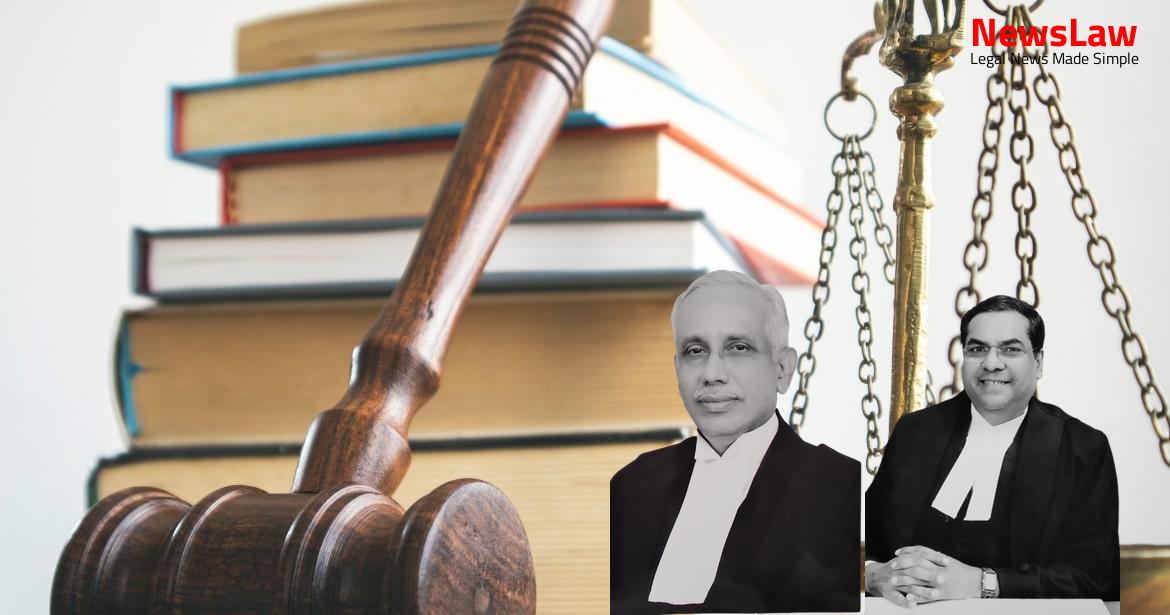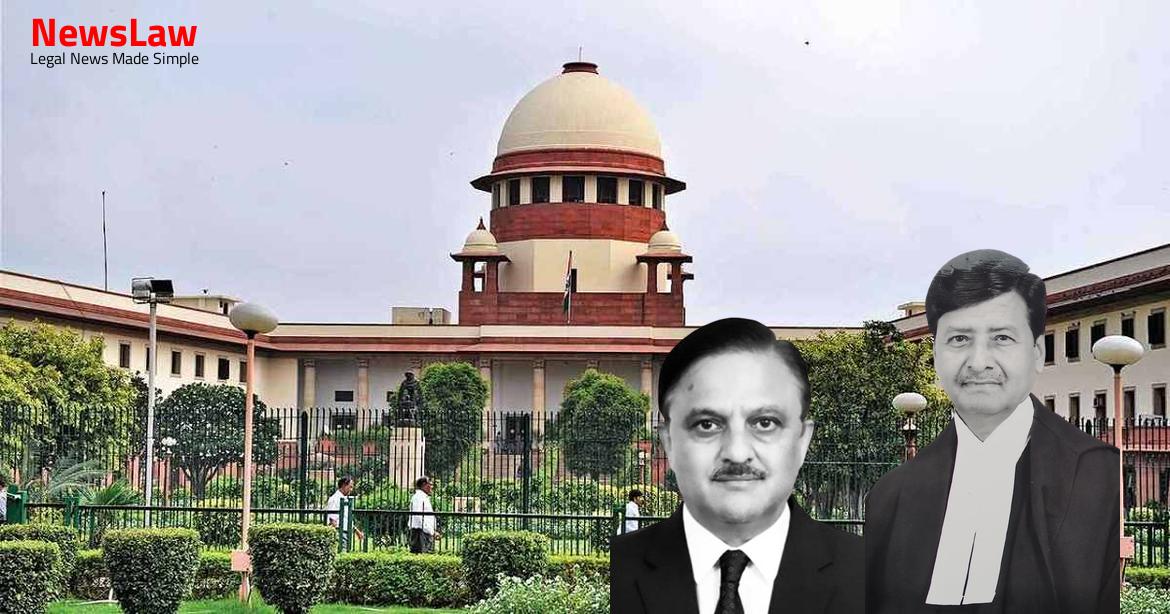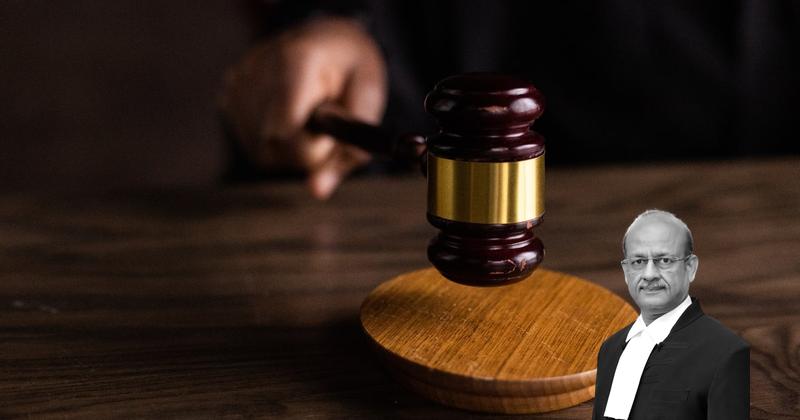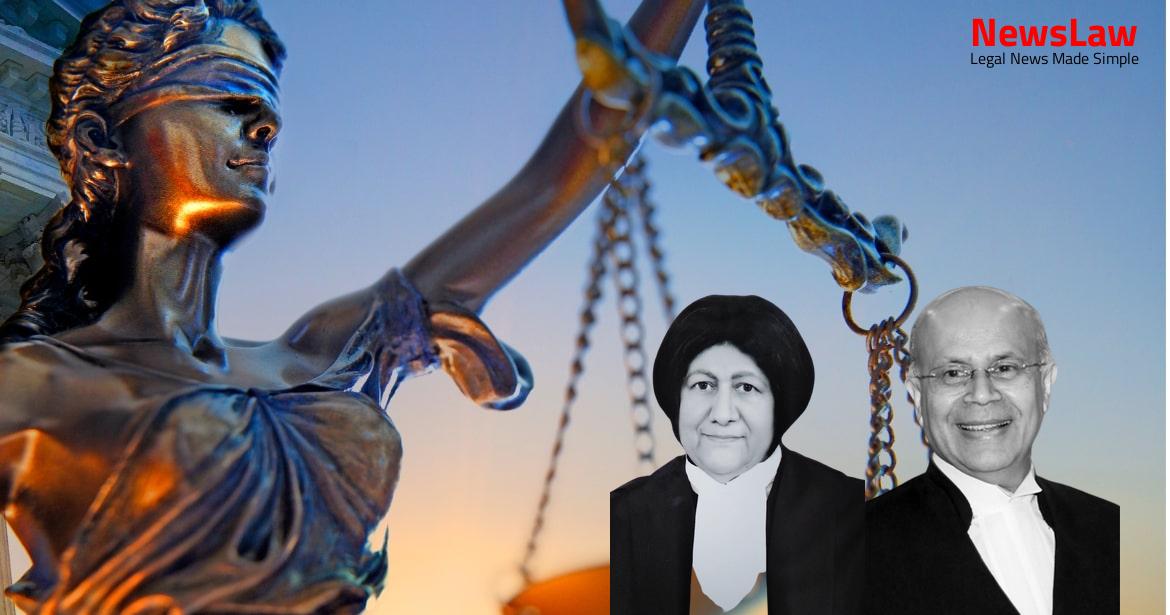In a recent legal case, the court extensively analyzed hate speech, emphasizing the significance of intent and impact in determining the legality of expressions that may incite animosity. Aiming to uphold dignity, social order, and constitutional values, the court navigated through complexities to balance free speech with the prevention of harm. The judgment sheds light on the crucial factors of ‘intent’ and ‘harm/impact’ to comprehend and adjudicate hate speech effectively.
Facts
- The FIR at Ajmer was registered on 16 June, 2020, nearly 30 hours after the offensive words were uttered by the petitioner during a live telecast.
- The petitioner apologized via Twitter on 17 June, 2020, stating that he had no intention to hurt anyone and that his mention of Chishti was a lapse.
- The petitioner claimed to have mistakenly said ‘Chishti’ instead of ‘Khilji’, but the historical figures are not related.
- The contention is that the petitioner intentionally insulted a revered figure from the Muslim community, inciting religious hatred.
- The petition requests quashing of FIRs, transfer of cases, and security for the petitioner and family.
- The respondents argue that the apology was insincere, and the petitioner’s actions were driven by self-defense.
Also Read: Land Auction Dispute Resolution
Arguments
- The petitioner raised multiple submissions in the petition.
- The petitioner argued that the FIRs filed against them are an abuse of law and violate fundamental rights.
- They claimed that the FIRs are meant to harass and intimidate them, with no ’cause of action’ arising in the areas where the FIRs were lodged.
- On the interpretation of various sections of the Penal Code and the IT Act, the petitioner contended that no offense can be made out.
- The petitioner maintained that their words did not have malicious intent to outrage religious beliefs.
- They suggested that the FIRs should be clubbed and transferred to Noida or Delhi.
- According to the Act of 1946, the de facto position of any religious place could not be altered under any circumstances.
- The respondent, Saber Chausa Mohd. Naseer, stated that using the name of Khwaja Moinuddin Chishti as a Sufi Saint was done during a debate on conversion.
- The petitioner discussed the legal position regarding the Kashi Mathura issue and referenced the Hindu Priest organization’s appeal to the Supreme Court against Places of Worship (Special Provisions) Act, 1991.
Also Read: Analysis of Bail Conditions in Criminal Appeal No. INSC 48/2024
Analysis
- The court distinguishes between free speech and hate speech in the context of penal law, emphasizing the need to condemn and check dissemination of discrimination based on various factors like race, religion, caste, creed, or region.
- Intent is highlighted as a crucial element in hate speech adjudication, focusing on promoting social harmony and tolerance while rectifying historical wrongs.
- The court refers to the importance of intention in determining hate speech, recognizing the potential harm and impact of speech on targeted groups or individuals.
- The court emphasizes the significance of the ‘intent’ and ‘harm/impact’ factors in analyzing hate speech, specifically focusing on incitement and consequences of speech.
- Various judgments and interpretations are cited to address legal aspects like filing multiple FIRs, defining hate speech, and balancing free speech with remedial action to prevent harm.
- The court emphasizes the need for genuine academic, artistic, religious, or scientific purposes to be protected even in the context of potential hate speech.
- Instances of religious sentiments and historical references are cited to analyze hate speech in the specific context of social, religious, and communal harmony.
- The distinction between different incidents/crimes and the relevance of intention, harm, and context in determining hate speech are elucidated.
- The court discusses the role of investigating officers, high courts, and the judicial system in ensuring the protection of rights and the appropriate application of legal procedures.
- The analysis focuses on upholding dignity, social order, and constitutional values while evaluating speech that may incite violence or promote hatred based on specific group identities.
- Offence can be tried in the jurisdiction where the act was done or consequence ensued.
- Section 505 prohibits statements promoting enmity between different groups based on religion, race, etc.
- Section 295A and Section 505 contain provisions regarding acts intended to outrage religious feelings.
- Section 153A prohibits promoting enmity among different groups based on various grounds.
- Public order encompasses acts of local significance that may disturb public tranquility.
- Acts committed in places of worship or during religious ceremonies carry higher penalties.
- No distinction is made between majority and minority groups in terms of population in the statutory provisions.
Also Read: Conviction Upheld for Murder and Concealment of Body
Decision
- The State of Uttar Pradesh is directed to examine the threat perception for the petitioner and his family members and take necessary steps.
- All pending FIRs related to the telecast/episode dated 15 June 2020 are to be transferred to P.S. Dargah, Ajmer, Rajasthan where the first FIR was registered.
- The concerned states are asked to assess the threat perception of the petitioner and family members and take appropriate steps.
- The writ petition and all pending applications are disposed of accordingly.
- The statements made by the petitioner will be considered under Section 162 of the Criminal Code.
- Similar assessment and necessary actions are to be taken by the State of Rajasthan based on inputs from its agencies.
- The prayer for quashing of the FIRs is rejected but interim protection against arrest is granted to the petitioner, subject to cooperation in the investigation.
Case Title: AMISH DEVGAN Vs. UNION OF INDIA (2020 INSC 682)
Case Number: W.P.(Crl.) No.-000160 / 2020



